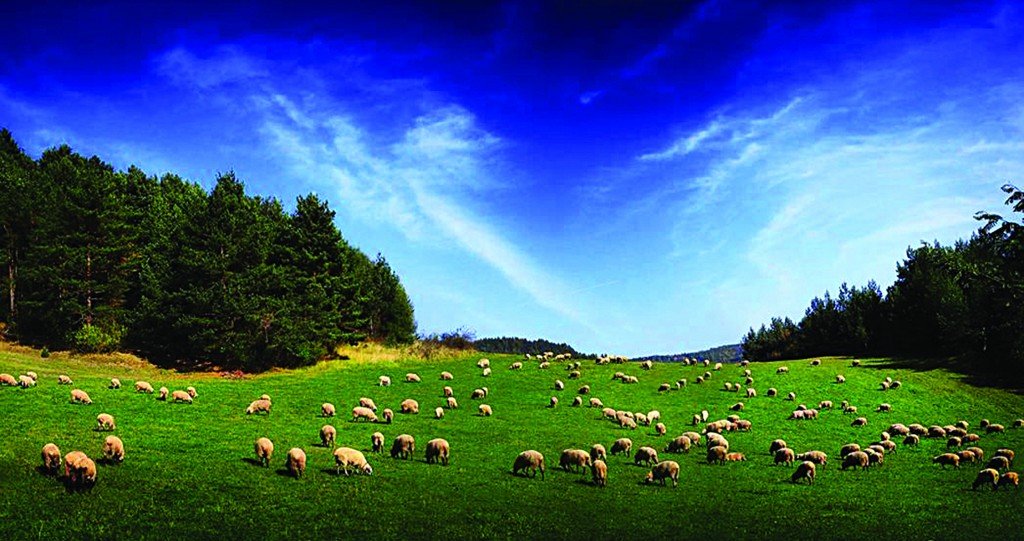Sheep farmers should implement stringent parasite control strategies this spring, says Merial Animal Health’s Veterinary Adviser Sioned Timothy. This is based on forecasts by NADIS of a high risk of parasitic disease following persistent warm temperatures.
“Sheep farmers should consider the impact that parasite burdens in ewes will have on the challenge faced by lambs later in the season,” she says. “The aim is to minimise pasture contamination with worm egg output during the ‘peri-parturient rise’ (PPR) whilst at the same time minimising selection for anthelmintic-resistant strains of parasites.
“Managing the threat of wormer resistance should influence treatment strategies at this time of year. Long-acting wormers can be highly selective for resistance if the effects of treatment persist beyond the end of the PPR, thus preventing ewes from re-establishing a worm burden from pasture-based refugia before their parasitic immunity is restored. To counter this, persistent wormers should be used prior to lambing or early in the PPR.”
Current advice recommends that treatments should target higher risk animals, including gimmers, young ewes, those nursing multiple lambs and ewes in low body condition. The rest should be left untreated unless there is a risk of haemonchosis on the farm.
Prioritising “safe grazing” for lambs and ewes at turnout will help to reduce the risk of worm infections in lambs later in the season. “Safe” pastures are those that have not been grazed by lambs in the previous season and can include those previously grazed by cattle and re-seeded pastures.
Sioned says that if safe grazing is limited, it should be reserved for ewes rearing multiple lambs whilst singles, which are more resilient to parasite infection, graze more contaminated pastures. For further details, visit the SCOPS website at www.scops.org.uk or speak to your vet for advice tailored to your farm.
Depending on prevailing weather conditions, severe outbreaks of nematodirosis can occur in six to 12-week-old lambs from April to June. Control is best achieved by grazing lambs on safe pastures. Where this is not possible, farmers should consult the SCOPS website regularly for disease risk updates in their area to determine whether treatments are necessary to prevent outbreaks.
Coccidiosis may also be encountered during April in lambs between four and eight weeks of age. The risk of coccidiosis can be influenced by several factors, including poor nutrition, wet weather, overcrowding, grazing wet muddy paddocks previously grazed by sheep and/or extended housing periods.
Reducing stocking densities, batch rearing of lambs, creep feeding and avoiding heavily contaminated pastures can help reduce the likelihood of coccidiosis outbreaks. However, strategic treatment of lambs on contaminated pastures may still be required. Taking the correct action can prevent a serious and costly check in the growth rate of lambs.
Chronic liver fluke in sheep may still be encountered at this time of year and can be confirmed by checking for the presence of fluke eggs in faeces, warns Sioned. “Sheep on premises with known fluke populations or in high-risk areas should have already been dosed in the autumn, but may need to be treated again this spring,” she says.
“Flukicides containing albendazole, closantel, nitroxynil or oxyclozanide are effective at treating adult flukes responsible for chronic disease. Triclabendazole-containing products can then be reserved for treating acute fluke disease later in the year.”
Sheep should be moved to clean pastures after treatment, and provided with supplementary feed where necessary to maintain condition.


